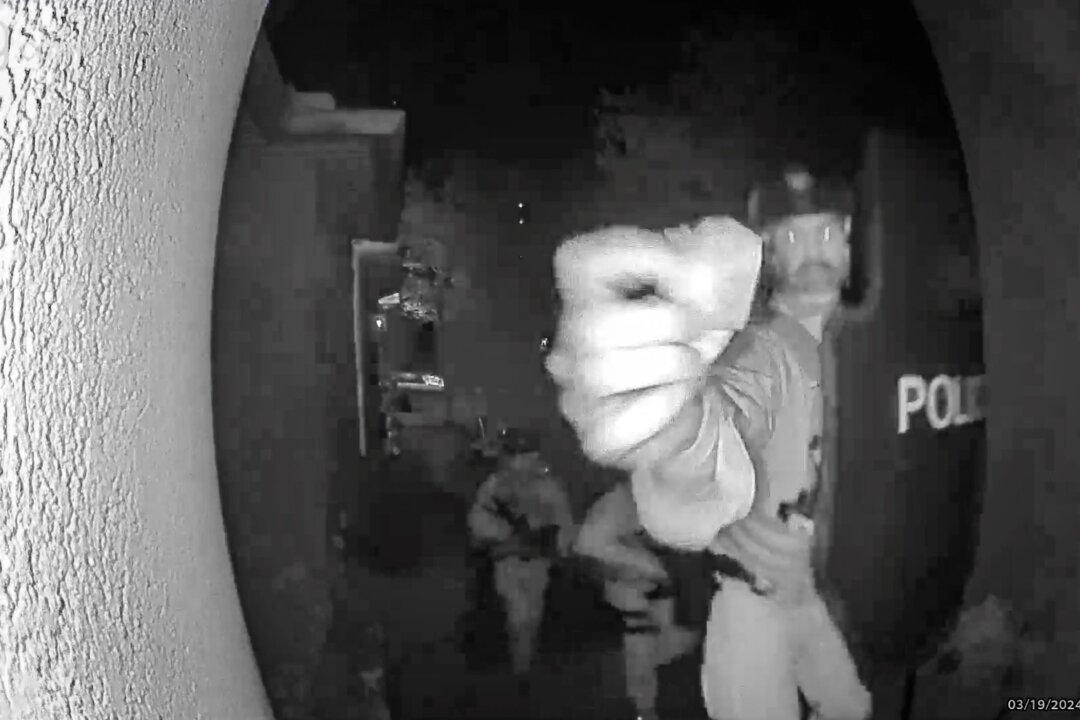Rep. Jim Jordan (R-Ohio) presided over a hearing on May 22 regarding why Bryan Malinowski of Little Rock, Arkansas, was killed by Bureau of Alcohol, Tobacco, Firearms, and Explosives (ATF) agents 57 seconds after they first set foot on his front porch at about 6 a.m. on March 19.
Mr. Jordan chairs the U.S. House Select Subcommittee on the Weaponization of Government, which heard testimony about alleged abuses by the ATF. The committee also heard testimony from the agency’s defenders, who claim that Republicans are trying to destroy the ATF at the behest of the firearms industry.





